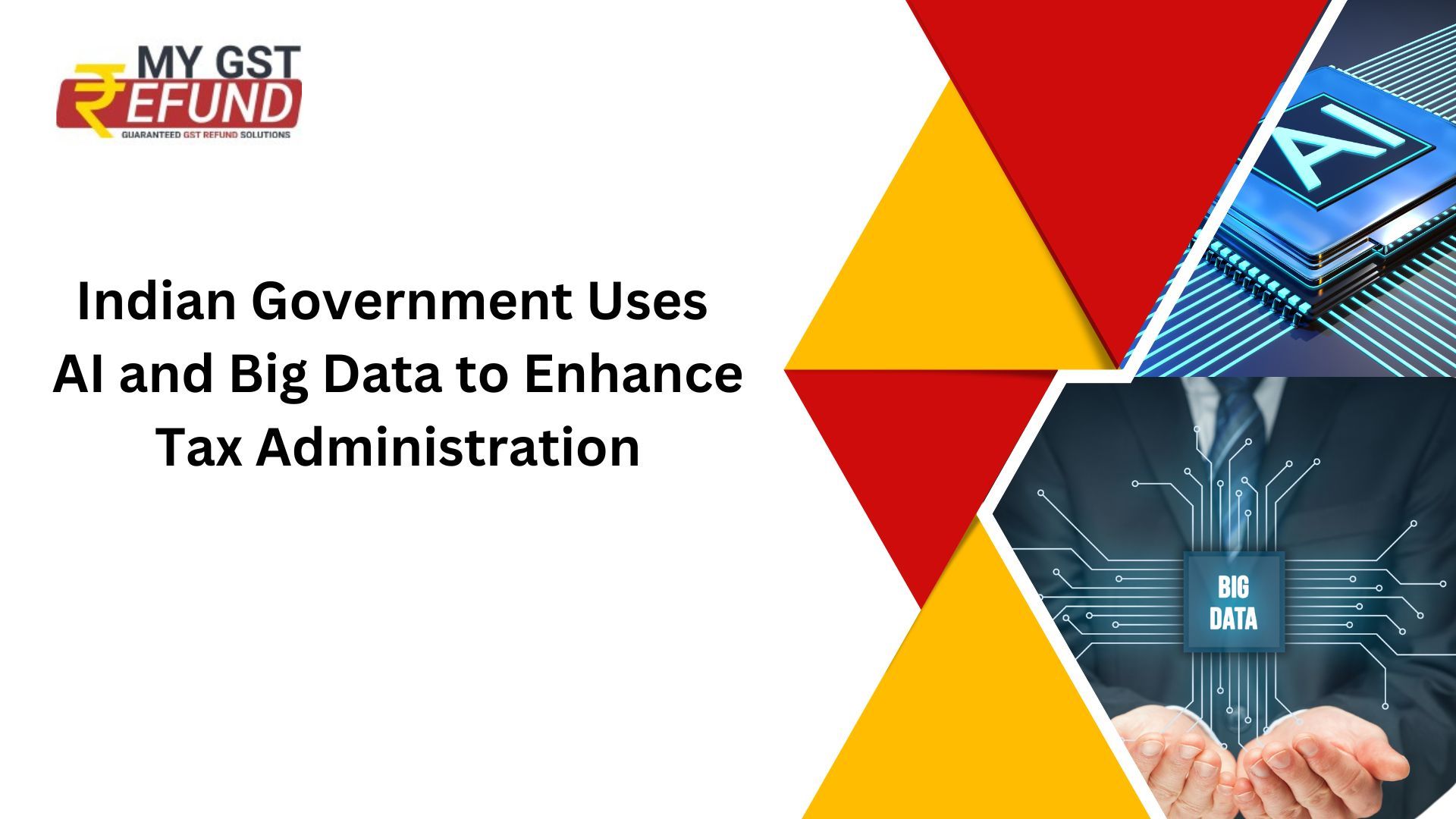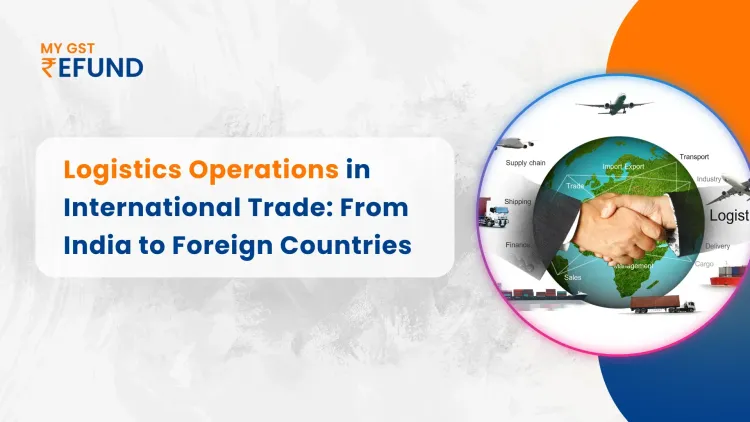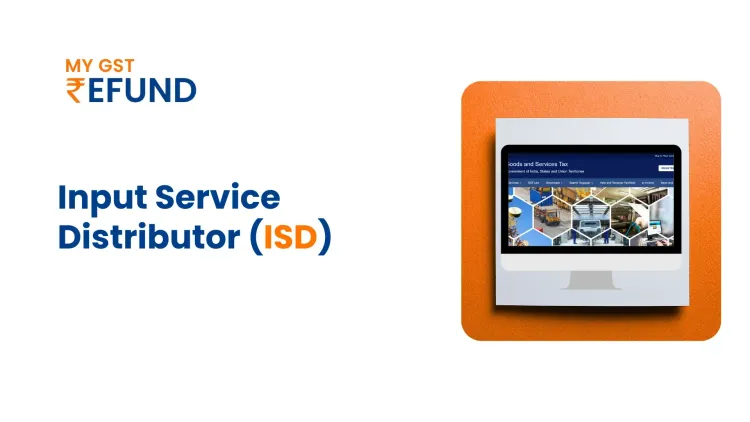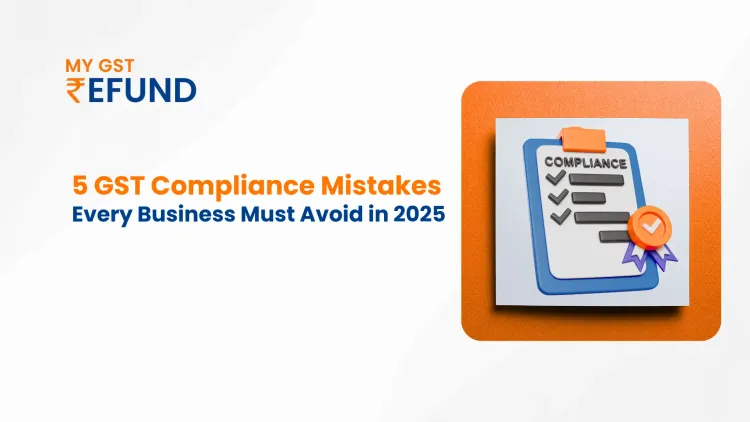Indian Government Uses AI and Big Data to Enhance Tax Administration
Published on: Wed Mar 29 2023
According to a written reply from Union Minister of State for Finance Shri Pankaj Chaudhary in Lok Sabha, the Indian government is utilizing data analytics, big data, and artificial intelligence/machine learning to make tax administration more efficient, unbiased, and favorable to businesses and taxpayers.
In Customs and GST, data analytics is being used to identify financial risks, suspicious trends and patterns, and risky businesses. The Central Board for Indirect Taxes and Customs has launched the ADVAIT initiative, which uses big data and AI to increase indirect tax revenue, expand the taxpayer base, and promote data-driven tax policy. ADVAIT provides reports, interactive dashboards, and analytical models to aid officers in daily operations, including reporting and ensuring tax compliance and detecting tax evasion.
ADVAIT uses advanced analytical capabilities such as data matching, network analysis, pattern identification, predictive analytics, text mining, forecasting, and policy research. The initiative has been designed and developed using the 3 I’s – Information, Insights, and Intelligence.
For direct taxes, the Central Board for Direct Taxes (CBDT) is using data analytics, big data, and AI to identify high-risk tax evasion cases for further scrutiny, remind taxpayers of advance tax payments, prompt taxpayers about apparent mismatches in their returns, store and search information for income tax officers, visualize taxpayer relationships, and segment taxpayers to focus on high-risk tax evasion cases. By using these techniques, the CBDT aims to make direct tax administration more effective and efficient.
Are you Looking for GST Refund Service? MYGST REFUND offers GST refunds on business, Refund for exporters , TCS And TDS refund, Refund under Inverted Duty Structure, GST Notices & Technical Replies and many more if your GST application is rejected. Get in touch with us today.
Related Posts





